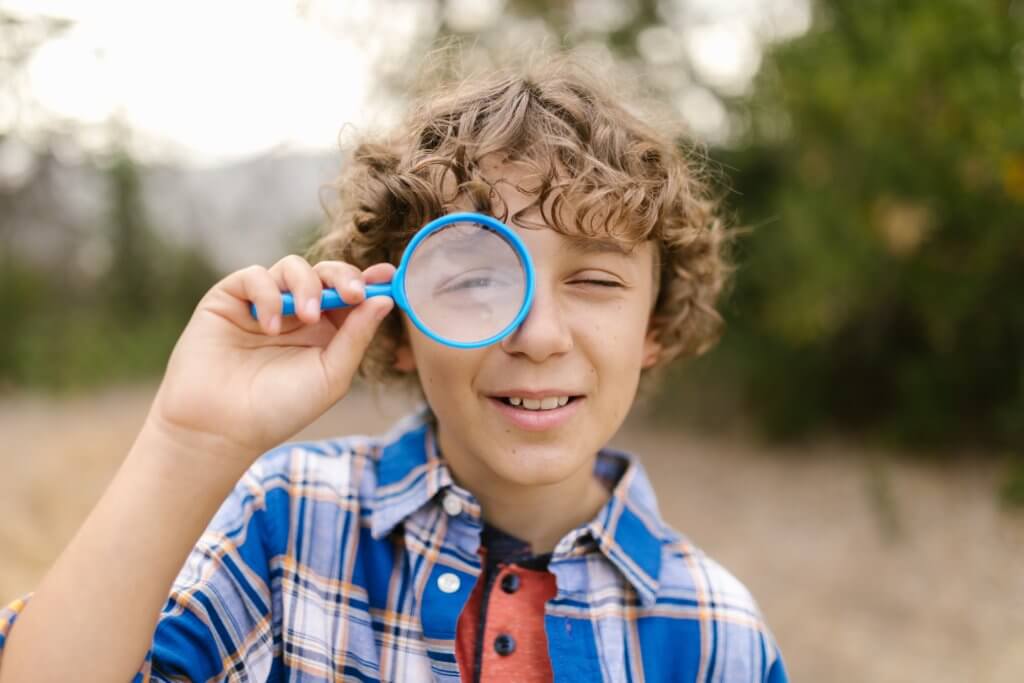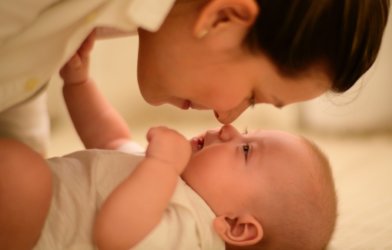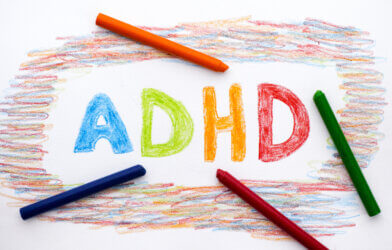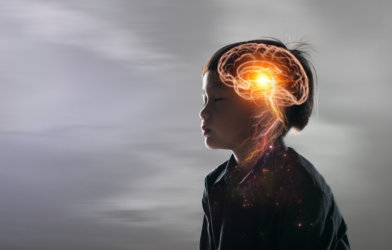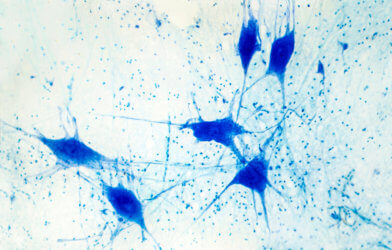Children often have expansive thoughts, deep curiosity, and infectious joy as part of their personalities. But sometimes they can be in their own world a little too much, right? Researchers from The Ohio State University say that this is actually a beneficial quality that adults should be paying attention to themselves.
Children avoid “learning traps” by not being able to focus, according to the new study. Researchers say kids tended to pick up on subtleties better while completing identification tasks, while adults who paid more attention struggled.
“The ability of adults to focus their attention is usually very helpful in everyday life,” says study co-author Vladimir Sloutsky, a professor of psychology Ohio State, in a statement. “But sometimes it helps to see the world more as a kid and to notice things that may not seem that important or relevant at the time.”
The team conducted the work by recruiting 30 children who were 4 and 5, as well as 38 adults. They fitted them for eye trackers that would help to detect their eye movement and determine where they were looking on the screen. Participants were then shown colorful photos of images of creatures with seven features, such as a head, tail and antennae. They were told that there were two creatures named “Flurps” and “Jalets,” and they were tasked with identifying each.
Researchers told the participants that most Flurps had a distinct feature to look out for. Both creatures would always have one difference, such as different colored tails. There was one feature across both that the team never disclosed, which acted as the “irrelevant feature.”
Initially, adults quickly picked up on the feature that distinguished the two creatures, and their eyes didn’t indicate diverted attention at all. The children lagged behind, and the tracker showed that their eyes were all over and that they were looking at features that weren’t important.
Things changed at the halfway mark when the researchers altered things without alerting the participants. They switched the irrelevant feature to the main indicator that determined which creature type was shown in the photo. The adults began to display signs of confusion, relying on what they thought they knew from before.
“The adults were suffering from learned inattention,” says Sloutsky. “They weren’t paying attention to features that weren’t important during the first part of the experiment, so they missed when those features did become important.”
From this, the researchers concluded that the children’s abilities to focus less and avoid narrowing their minds helped them succeed at learning more. The team also explains that adults certainly can choose to change how they pay attention, but are more likely to selectively zero in on specific things. They agree that adults could benefit from easing up a little bit and tapping more into a childlike thought process at times.
“When you know something really well or a solution to a problem seems obvious, it may help to broaden your attention, to look for clues that may not seem relevant at first – to think like a kid again,” says Sloutsky.
This study is published in the journal Experimental Child Psychology.
